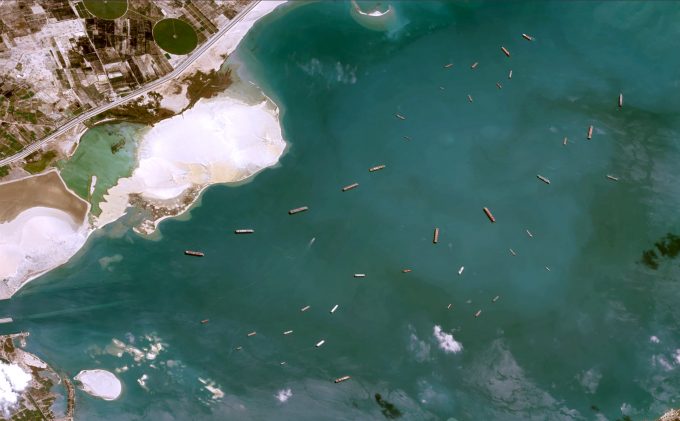Zimbabwe growers appeal for air cargo capacity – or will switch to ocean
Zimbabwe’s fruit and vegetable growers are searching for airfreight capacity to Europe – or will ...

Air, sea-air and rail freight demand is expected to rise significantly on Asia-Europe lanes as shippers try to avoid the chaos from the blocking of the Suez Canal by the Ever Given.
“Increased air freight demand is almost unavoidable,” said one European forwarder. “Even if the vessel was salvaged today there would be consequences and impact – air and sea-air will become more prevalent.”
But, he added: “Shippers will try to use rail to catch up time – but this is already ...
'Disastrous' DSV-Schenker merger would 'disrupt European haulage market'
New senior management for DSV as it readies for DB Schenker takeover
Volumes set to 'fall off a cliff' as US firms hit the brakes on sourcing and bookings
Asian exporters scramble for ships and boxes to beat 90-day tariff pause
Amazon pushes into LTL for small package fulfilment and UPS does a u-turn
Temporary tariff relief brings on early transpacific peak season
Pre-tariff rush of goods from US to China sees air rates soar, but not for long
Forwarders 'allowing the fox into the chicken run' by supporting 'hungry' carriers

Comment on this article